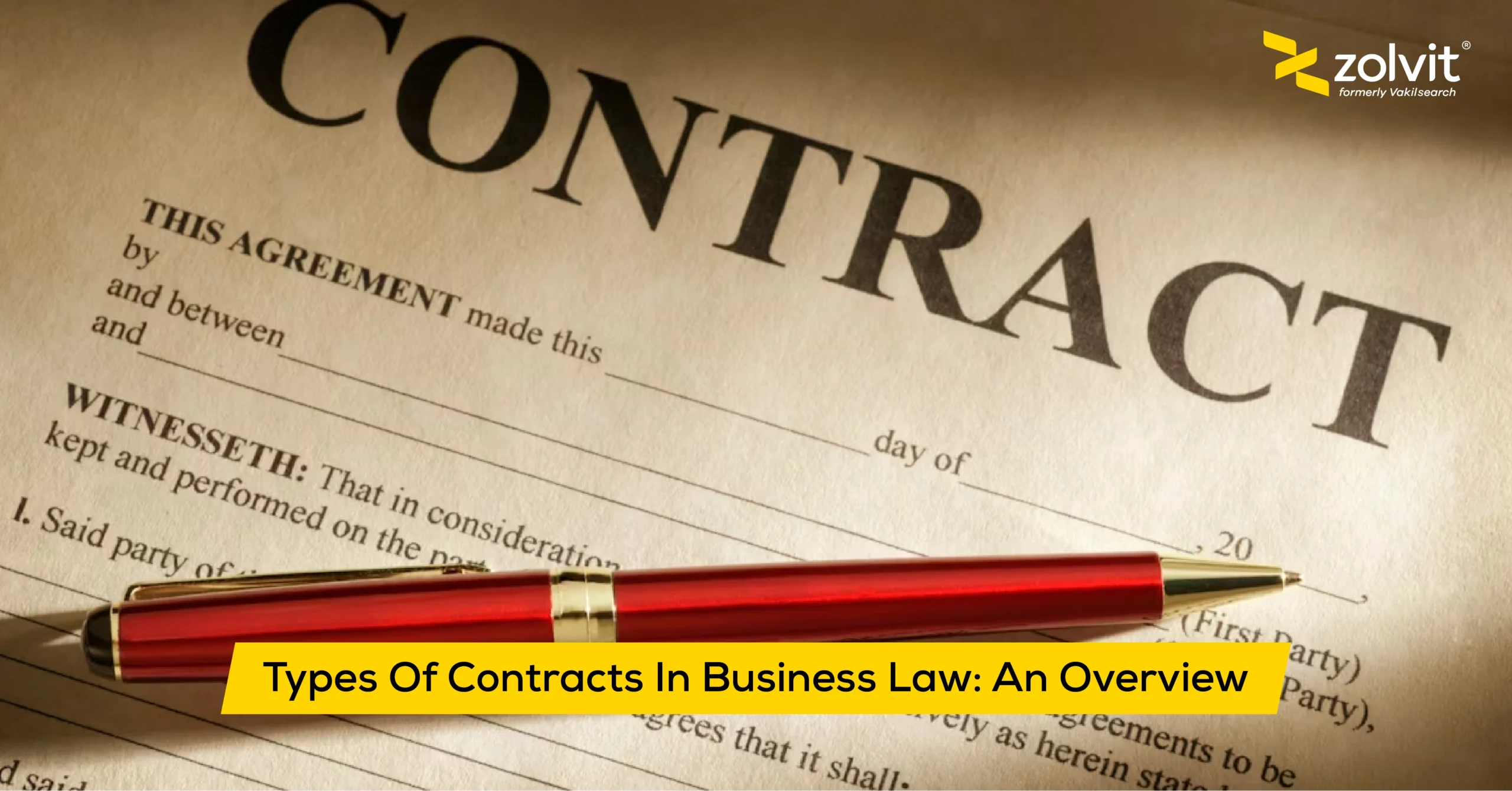Women are protected by the PWDVA, but several sections of the Indian Penal Code (IPC) also address abuse against women. The following sections are relevant:
Section 304B - Punishment for dowry death
In the event that the death of a woman is caused by burns or bodily injury within seven years of her marriage, or otherwise than under normal circumstances, and it is shown that she was subjected to cruelty or harassment by her husband or any relative of her husband shortly before she died regarding, or in connection with, any demand for dowry, such death shall be termed “dowry death”, and the husband or relative is presumed to have caused it. An individual who commits dowry death shall be punished by imprisonment for at least seven years, but not less than life.
Section 375- Rape
A man is said to commit “rape” if he—
- penetrates his penis, to any extent, into the vagina, mouth, urethra or anus of a woman or induces her do so with him or any other person; or
- inserts, to any extent, any object or part of the body, not being the penis, into the vagina, the urethra or anus of a woman. This makes her do so with him or any other person; or
- manipulates any part of the body of a woman so as to cause penetration into the vagina, urethra, anus or any part of body of such woman or makes her do so with him or any other person; or
- Applies his mouth to the vagina, anus, urethra of a woman or makes her to do so with him or any other person. This is under the circumstances falling under any of the following seven descriptions:
1. Against her will.
2. Without her consent.
3. With her consent, when her consent has been obtained by putting her or any person in whom she is interested, in fear of death or hurt.
4. With her consent, when the man knows that he is not her husband. Her consent is given because she believes that he is another man to whom she is or believes herself to be lawfully married.
5. With her consent when, at the time of giving such consent, by reason of unsoundness of mind or intoxication or the administration by him personally or through another of any stupefying or unwholesome Substance, she is unable to understand the nature and consequences of that to which she gives consent.
6. With or without her consent, when she is under eighteen years of age.
7. When she is unable to communicate consent.
- A brief explanation
1. As used in this section, "vagina" includes labia majora.
2. An unequivocal voluntary agreement is communicated by a woman through words, gestures, or any form of verbal or non-verbal communication;
3. In this case, a woman who does not physically resist the act of penetration is not regarded as consenting merely because she does not resist.
- The exceptions
1. Medical procedures or interventions shall not constitute rape.
2. Sexual intercourse or sexual acts by a man with his own wife, not under fifteen years of age, is not rape.
Section 376A - Rape of a minor
When a person commits an offence punishable under section 376 (1) or section 376 (2) and inflicts an injury on the woman causing death or causing her to remain in a vegetative state for a prolonged period of time, he or she shall be punished with rigorous imprisonment, a term that shall not be less than twenty years, but may be extended to life imprisonment, which means imprisonment for the remainder of the person's natural life, or even death.
Section 376D- Gang rape
The offence of rape shall be committed by any individual or group who raped a woman in furtherance of a common intention or as part of a group. Each of these individuals shall be punished with rigorous imprisonment for at least twenty years, but up to life which means incarceration for the rest of the person’s life, and with fines;
The fine shall be sufficient to cover the victim's medical expenses and rehabilitation;
Further, any fine imposed under this section shall be paid to the victim.
Section 498A- Cruelty by Husband or Relatives of husband
Anyone subjecting a woman to cruelty, who is the husband or a relative of the husband, shall be punished with imprisonment for a term that may extend to three years and fined.
A brief explanation
In this section, "cruelty" means:
1. Willful conduct that is likely to cause the woman to commit suicide or to cause grave injury or harm to her life, limb, or health (whether mental or physical);
2. The woman is harassed with the intent of coercing her or any person related to her into meeting any unlawful demand for any property or valuable security, or when she or any person related to her fails to meet such a demand.
Section 500 - Defamation
Defamation of another shall be punished with simple imprisonment for a period not exceeding two years, or with fine, or with both.







